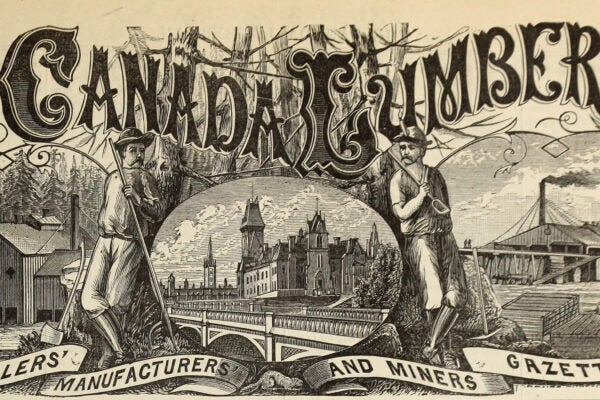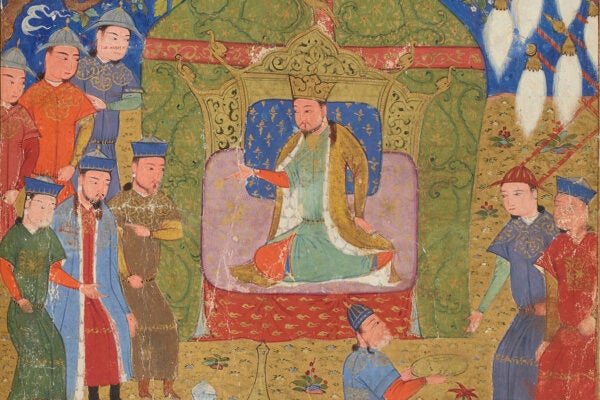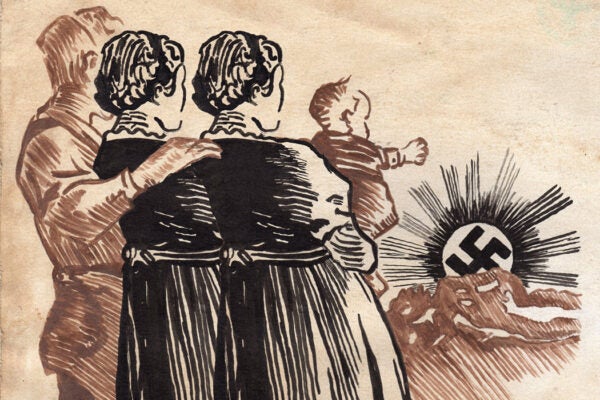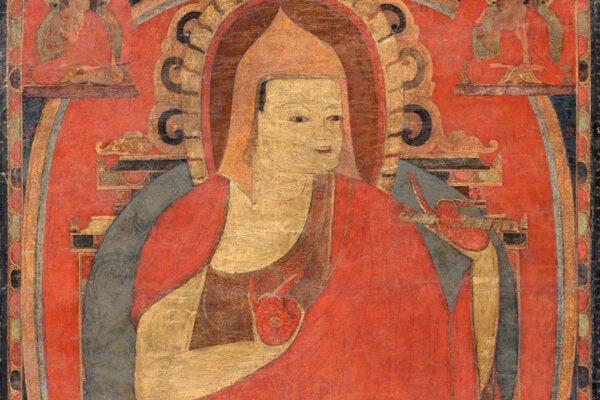Coffee for the Resistance
During Indira Gandhi’s autocratic Emergency in 1975, one New Delhi coffeehouse became a key gathering place for opponents of her politics.
Military Policing and Militarizing the Police
The use of military strategies inside the borders of the United States has long been connected with racial politics.
How Steelworkers Stopped a Paramilitary Movement
Despite failing to break the Homestead Strike in 1892, the Pinkerton Agency demonstrated the extralegal threat paramilitary agencies created for Americans.
Mapping “Indian Country”
In the early 1800s, the Native people of the Plains region didn’t generally think about their land in terms of tribes, territories, or racial difference.
Healing Dance at an African Church in Ireland
For congregants at the Yoruban-influenced Christ Apostolic Church in Dublin, sacred dance is a form of mental health care.
French Canadians in the New England Woods
Immigrants from Quebec held a distinct position in an American labor landscape in which experts viewed different “races” as being suited to different kinds of work.
Existentialists in Malawi
Proverbs and popular songs from Malawi examine and express ideas similar to those found in European existentialism.
Bringing Turkish Style to Europe
In seventeenth-century Europe, architects adopted styles from the Ottoman empire to create new kinds of social spaces including public baths and coffeehouses.
When History is a Matter of “National Security”
Since the mid-1990s, Russian authorities have insisted on particular understandings of some parts of the country’s history as a matter of national security.
American Individualism and American Power
The American habitus was forged partly by the conquest of Native land and partly by the experiences of superiority and entitlement among white enslavers.
Modern Nomads in the Atlas Mountains
For pastoralists who live and work in the mountains of Morocco, the lifestyle is difficult but worthwhile. It’s also threatened by economic and climate change.
When Singing Was a Crime
Calvinist reformers in sixteenth-century Geneva frequently punished people for immoral behavior—like singing.
Dogs of the Moscow Metro
The public attitude toward the adventurous dogs who have mastered the Moscow metro system has roots in an egalitarian Soviet culture.
How to Govern Like a Mongol
The leaders of the Mongol empire never abandoned their nomadic lifestyles, but they created organizational structures capable of ruling a huge part of the world.
Creating a Bengali Cuisine
A rising middle class built up the notion of a distinct Bengali way of eating that claimed ancient origins while also incorporating European cooking styles.
Being Trans in India
Trans women are organizing to fight discrimination and oppression. Trans men face different problems because they’re often not recognized at all.
How White Women Organized Against Lynching
In the 1930s, a coalition southern white women fought against lynching, disproving the idea that extrajudicial killings were intended to protect them.
Portrait of a Nazi Bigamist
Otto M was a university researcher who was both an enthusiastic Nazi and a bigamist, openly married to two women.
When Does Political Resistance Work?
The effectiveness of popular movements for social change depends on both underlying political conditions and the strategies adopted by activists.
Lesbians and the Lavender Scare
Lesbian relationships among government workers were seen as a threat to national security in the 1950s. But what constituted a lesbian relationship was an open question.
How to be a Modern Autocrat
In the twenty-first century, dictators are less likely than their predecessors to use violence to suppress dissent, cultivating instead “informational autocracies.”
Is There an LGBTQ+ Canon?
An English professor considers the questions raised about selecting queer works for study and discussion when planning a course on LGBTQ+ literature.
Reinventing Vacation in Japan
In the late nineteenth century, Japan adopted Western-style vacation, but not everyone was on board with the new leisure practices.
Turning Orwell into Propaganda
Many read the novels of George Orwell as pro-capitalist/anti-socialist propaganda, but his work has become a resource for all kinds of political arguments.
The Therapeutic Side of Tibetan Buddhism
Along with teachings on liberation from the cycles of death and rebirth, the Tibetan Buddhist tradition contains guidance on removing impediments to compassion.

























